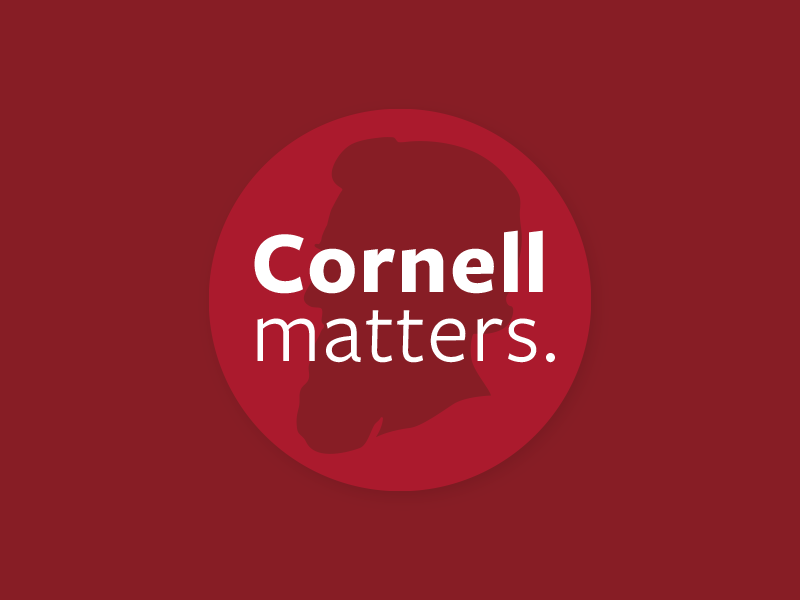Course helps instructors foster free expression in class

Read the full story by Caitlin Hayes in the Cornell Chronicle.
Serap Kavas, a visiting scholar from Turkey, teaches the sociology of gender, family and migration—and she has noticed that the more heated the politics outside the classroom, the quieter her students become.
“Even though students have great ideas, they may not want to invite controversy, offend their friends, spark debate or tension in class,” said Kavas, now one of 11 participants in an Intergroup Dialogue Project (IDP) class for instructors on how to create a learning environment that invites dialogue and fosters freedom of expression. “I try my best to provide a safe environment and to encourage them to participate, but I needed additional insight.”
The course, which concludes this week, brought together instructors from eight colleges and schools who are interested in encouraging the responsible exploration of differing perspectives, opinions and experiences. Participants learned skills and frameworks that support communication and learning across difference, skills that both participants and course instructors said not only help students learn course content in a nuanced way but are vital to the ongoing development of a democratic society.
“As educators we have the responsibility to create structured opportunities for our students to learn about and practice democratic exploration of opinions, values and beliefs. If we care about the future of democracy, we need to teach our students how to think, listen and communicate with curiosity, openness and humility,” said Adi Grabiner-Keinan, PhD '16, executive director for academic DEI education, director of the IDP and co-instructor of the course.



